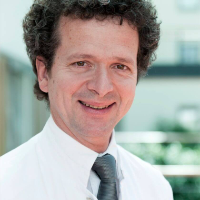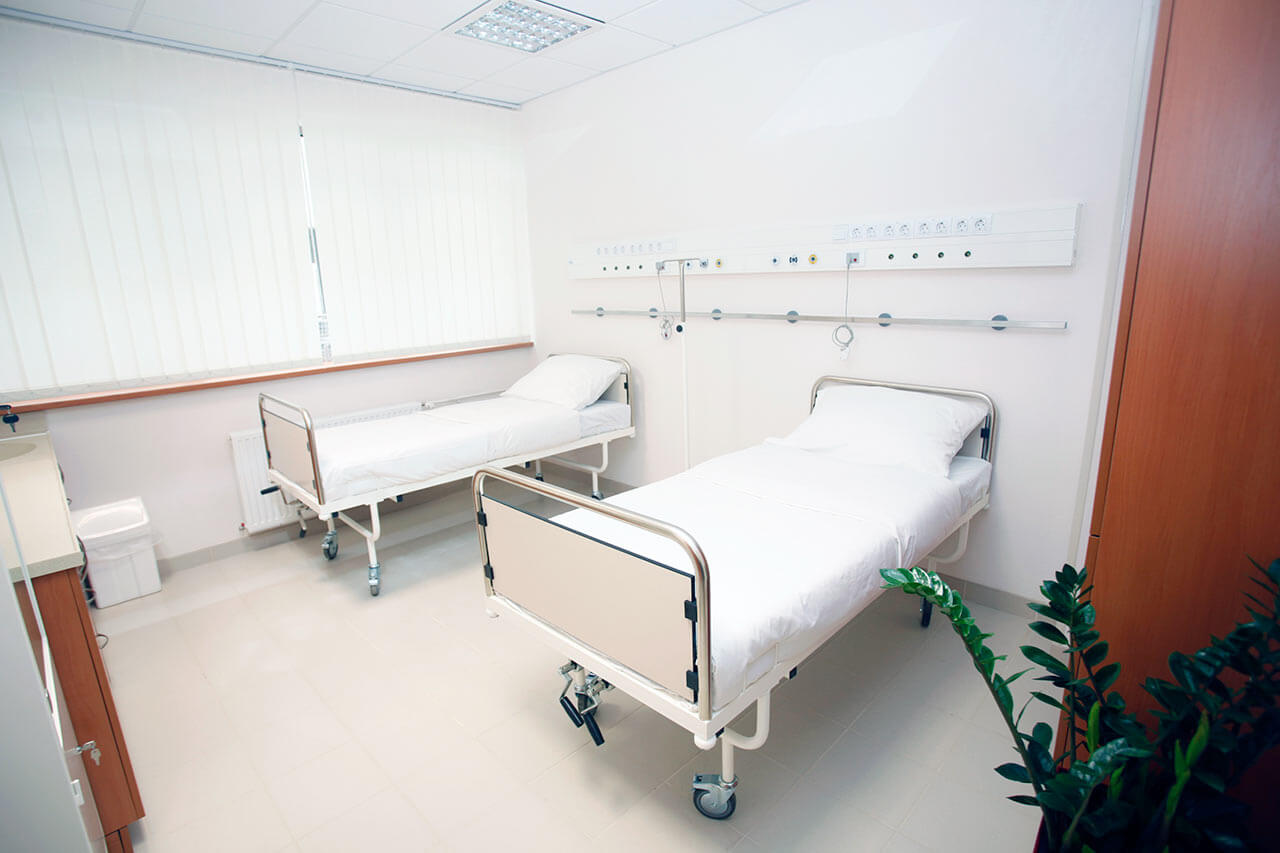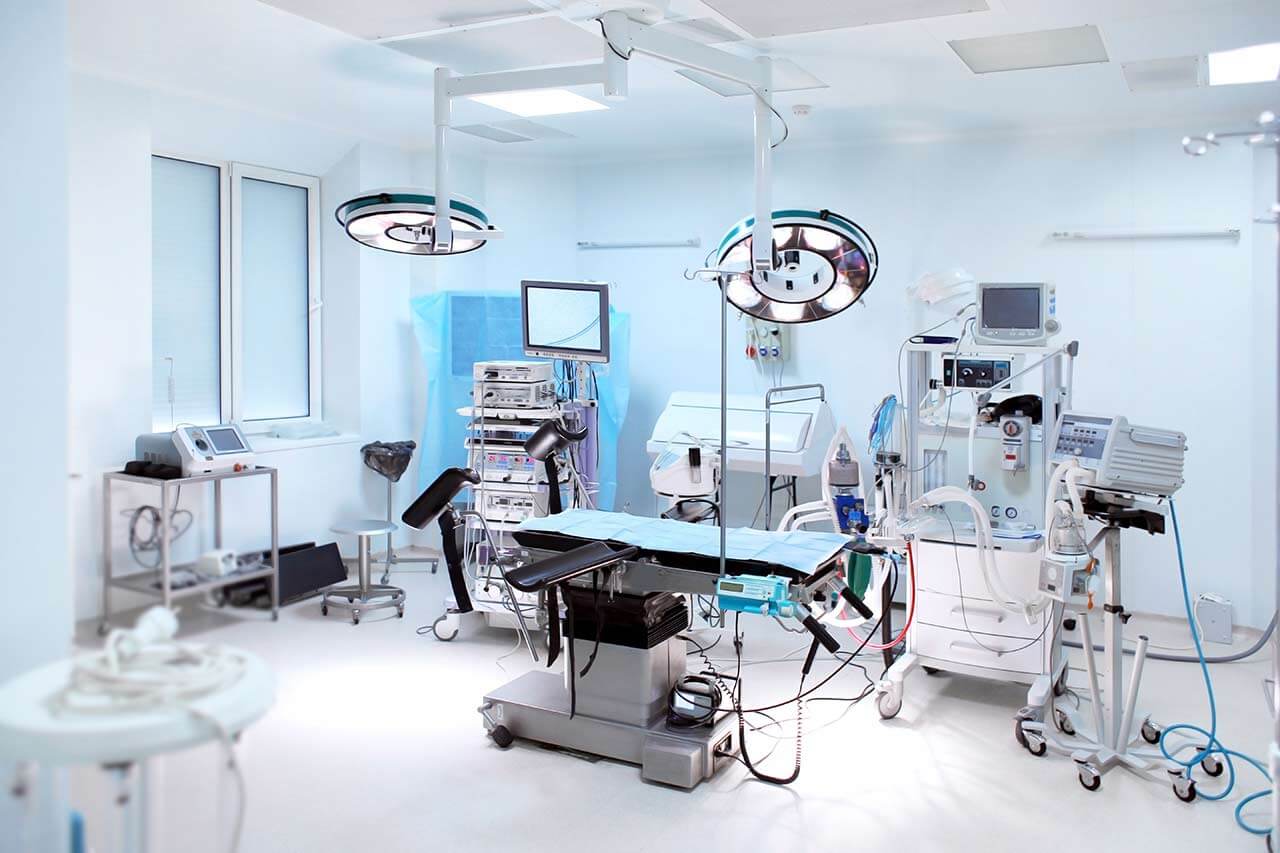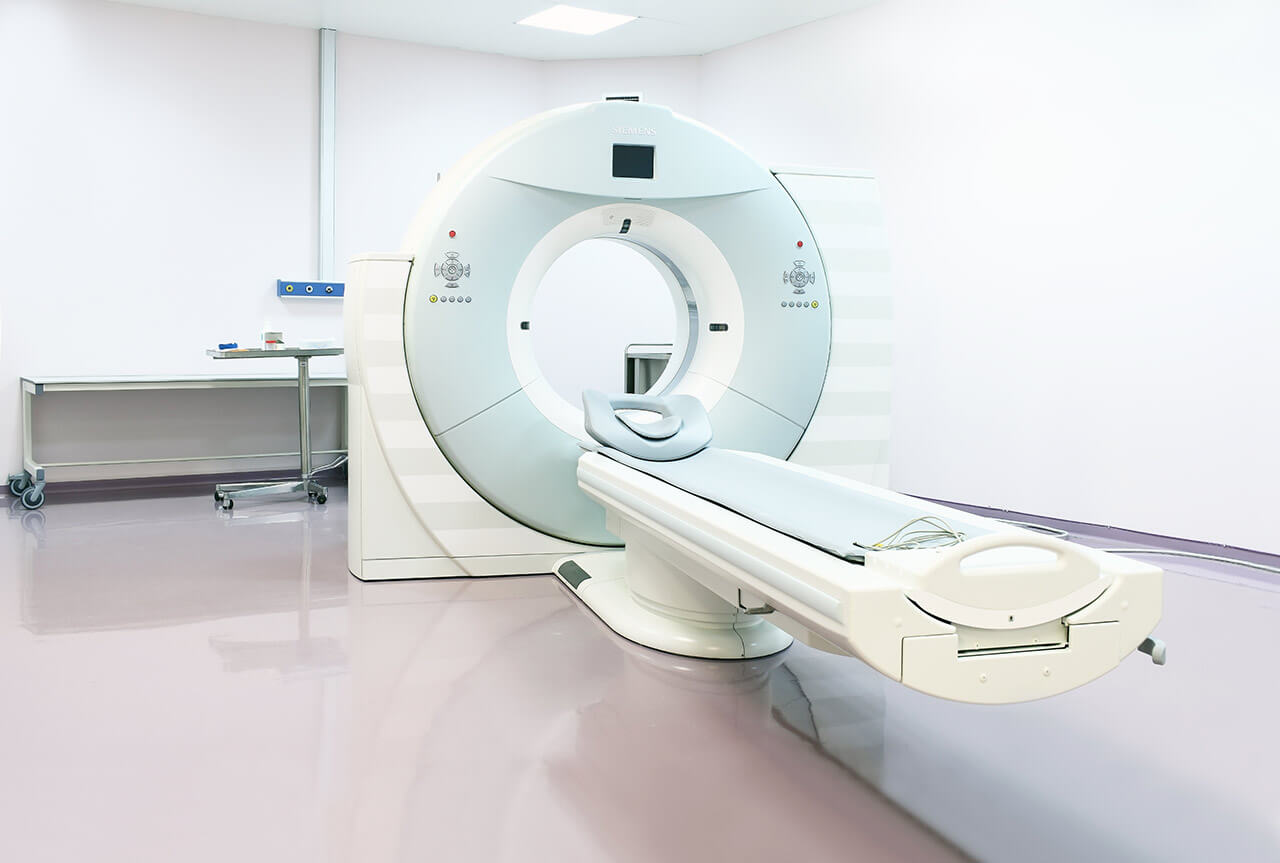
About the Department of Adult and Pediatric Ophthalmology at Asklepios Hospital Barmbek Hamburg
The Department of Adult and Pediatric Ophthalmology at the Asklepios Hospital Barmbek Hamburg specializes in the treatment of the full range of pathologies of the eye and its appendages. The medical facility is one of the largest and best Eye Centers in northern Germany. Many modern conservative and surgical treatment methods are practiced in the department. The team of the department's ophthalmologists treats patients of all age groups, from young children to the elderly. The priority clinical focuses of the department's medical team include the treatment of cataracts, glaucoma, corneal, eyelid, and macular diseases. The department's specialists also successfully perform corneal transplants. Of particular interest in the field of pediatric ophthalmology is the provision of medical care to young patients with retinopathy of prematurity. The department's doctors have state-of-the-art diagnostic rooms where patients undergo examinations to assess visual acuity, eye biomicroscopy, refractometry, tonometry, perimetry, ultrasound scans, optical coherence tomography, and other diagnostic procedures. The department also excels in the field of laser eye surgery. The specialists approach each problem with eye vision with great responsibility and strive to avoid surgery whenever possible. However, when surgical intervention is required, they use sparing surgical techniques. The goal of the department's ophthalmologists is to rid the patient of pathology and give them the opportunity to see the world in bright colors. The department is headed by PD Dr. med. Ulrich Schaudig.
The department admits patients with cataracts almost every day, so it has gained vast experience in this medical field. This condition involves a partial or complete clouding of the lens of the eye. There are many reasons for the development of this pathology, including age-related changes, hereditary predisposition, previous injuries, and the impact of certain medications. A patient with cataracts has severe vision loss. The person sees objects as blurry, the ability to recognize colors is impaired, and the acuity of night vision is reduced. The only effective treatment method for mature cataracts is surgery called ultrasound phacoemulsification. The department's ophthalmologists perform the intervention on an outpatient basis. During the operation, the specialists perform microscopic incisions in the patient's cornea and insert a thin ultrasonic tip into the eye cavity, with the help of which they destroy the crystalline lens and aspirate the destroyed tissues. After that, an artificial lens is implanted in place of the removed lens. Prior to surgery, ophthalmologists select the optimal type of artificial lens, taking into account the anatomical features of the patient's eye. For example, it can be a toric or multifocal intraocular lens, or an intraocular lens with a blue filter. Complications after cataract surgery are extremely rare, and already a few hours after surgery, about 95% of patients experience vision improvement.
Doctors also often deal with glaucoma, a chronic disease that causes a progressive and irreversible decrease in visual acuity. This occurs due to elevated intraocular pressure and impaired outflow of aqueous humor from the eye. If left untreated, the patient is at risk of complete blindness. Doctors' efforts are aimed at slowing down the progression of glaucoma and preserving the patient's vision. The first-line therapy is the use of eye drops to lower intraocular pressure. If this treatment fails, doctors consider surgical options such as ab interno trabeculotomy, trabeculectomy with mitomycin C, selective laser trabeculoplasty, Nd:YAG laser iridotomy, or Ahmed glaucoma valve implantation surgery. The aim of these interventions is to normalize the aqueous humor outflow from the eye. The attending ophthalmologist prescribes the optimal type of surgery, taking into account the particular clinical case.
An important area of the department's specialization is the treatment of corneal diseases, such as inflammatory pathologies, traumatic injuries, chemical burns, fire burns, and congenital or hereditary degenerative processes. Therapeutic options include drug therapy and surgery. The last-line treatment is a corneal transplant, which is used if all other treatments have failed. The department's doctors specialize in performing posterior lamellar keratoplasty (DMEK/DSAEK) for inner corneal layer lesions (endothelium) and anterior lamellar keratoplasty (DALK) for anterior corneal layer lesions. Full-thickness corneal transplant surgery is performed in only 20% of cases. Patients with severe corneal lesions and cataracts are offered specialized surgical procedures to eliminate both of these problems during a single procedure.
The team of pediatric ophthalmologists also treats visual loss and eye pathologies in young patients. An important focus of the specialists' work is the diagnosis and treatment of retinopathy of prematurity. The cause of this congenital disease is abnormal retinal vascularization in premature babies. If doctors detect mild forms of retinopathy of prematurity, it is sufficient for a child to regularly visit an ophthalmologist because the process of pathological retinal vascularization may regress as the child matures. In complex clinical cases, doctors resort to laser treatment, such as laser retinal photocoagulation.
The department's range of medical services includes:
- Adult ophthalmology
- Diagnostics and treatment of cataracts
- Ultrasonic phacoemulsification followed by the implantation of an artificial lens
- Diagnostics and treatment of glaucoma
- Drug therapy with eye drops
- Surgical treatment
- Ab interno trabeculectomy
- Trabeculectomy with mitomycin C
- Selective laser trabeculoplasty
- Nd:YAG laser iridotomy
- Ahmed glaucoma valve implantation surgery
- Diagnostics and treatment of corneal diseases and traumatic injuries
- Drug therapy
- Surgical treatment
- Posterior lamellar keratoplasty (DMEK/DSAEK)
- Anterior lamellar keratoplasty (DALK)
- Full-thickness corneal transplant surgery
- Diagnostics and treatment of vitreous diseases and traumatic injuries
- Surgical treatment
- Pars plana vitrectomy
- Surgical treatment
- Diagnostics and treatment of macular diseases
- Surgical treatment
- Vitrectomy with membrane peeling
- Surgical treatment
- Diagnostics and treatment of eyelid diseases
- Drug therapy for blepharitis, dry eye syndrome, stye, endocrine ophthalmopathy, and facial paralysis
- Surgical repair of dermatochalasis, ectropion, entropion, and ptosis in adults
- Surgical resection of benign and malignant eyelid tumors
- Surgery for facial paralysis
- Diagnostics and treatment of nasolacrimal duct obstruction
- Three incision (3-snip) puntoplasty
- Endoscopic intervention
- Microdrill dacryoplasty
- Percutaneous dacryocystorhinostomy
- Conjunctivorhinostomy
- Reconstructive plastic surgery
- Diagnostics and treatment of cataracts
- Pediatric ophthalmology
- Diagnostics and treatment of retinopathy of prematurity
- Laser photocoagulation
- Diagnostics and treatment of ptosis
- Surgical repair
- Diagnostics and treatment of retinopathy of prematurity
- Other medical services
Curriculum vitae
PD Dr. med. Ulrich Schaudig, has been the Head Physician of the Department of Adult and Pediatric Ophthalmology at the Asklepios Hospital Barmbek Hamburg since 2007.
Dr. Ulrich Schaudig graduated from the Universities of Regensburg and Munich. The specialist spent the last year of his training at the Faculties of Medicine at the University of Colorado in Denver and the University of Illinois in Chicago.
Before starting clinical practice in ophthalmology, Dr. Schaudig completed his internship in general and plastic surgery in Munich. This was followed by professional training in ophthalmology at the University Hospital Hamburg-Eppendorf. In 1997, he was board certified in ophthalmology and then continued his work in the Department of Ophthalmology at the University Hospital Hamburg-Eppendorf, where his main areas of specialization were oculoplastic and vitreoretinal surgery. Dr. Ulrich Schaudig defended his habilitation thesis in retinal imaging diagnostics and obtained the title of PD.
Dr. Schaudig is the author of numerous articles in German and international ophthalmology journals as well as on internet resources.
Memberships in Professional Societies
- American Academy of Ophthalmology (AAO).
- German Association of Ophthalmic Surgeons (BDOC).
- Professional Association of German Ophthalmologists (BVA).
- German Society of Ophthalmology (DOG).
- European Society of Ophthalmic Plastic and Reconstructive Surgery (ESOPRS).
- German Society for Aesthetic Surgery (GÄCD).
- German Retina Society (RG).
Photo of the doctor: (c) Asklepios Klinik Barmbek





